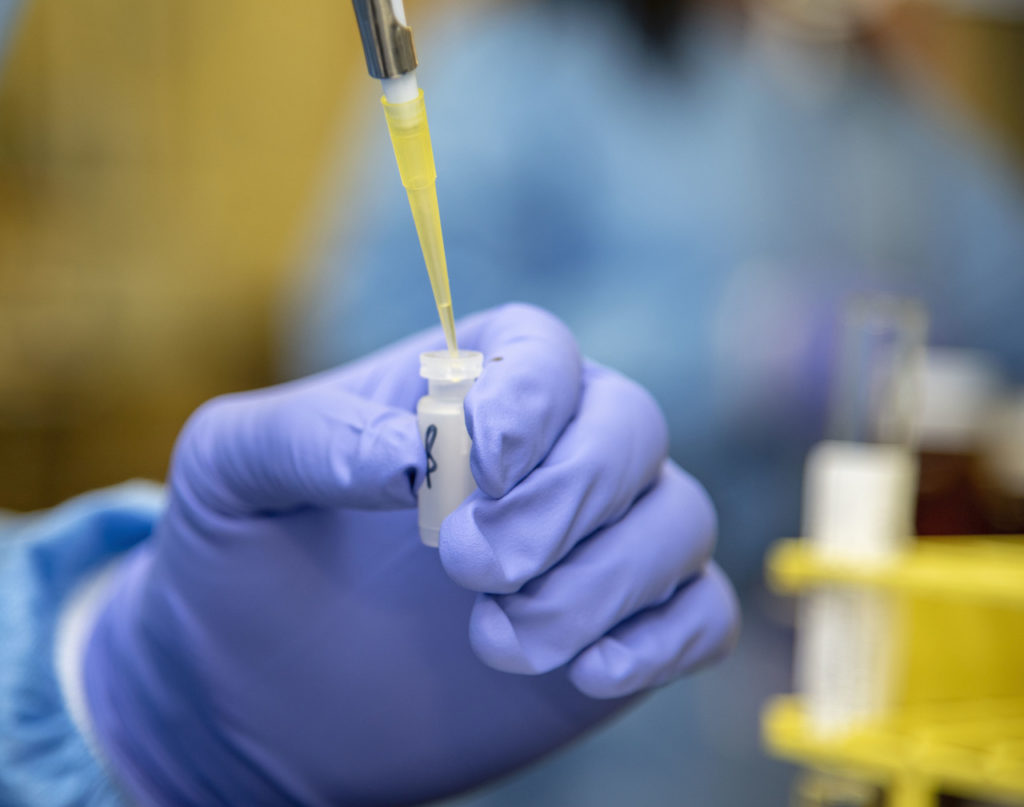With the coronavirus spreading like wildfire through China and the number of cases arising around the world, many companies are now asking themselves how they can respond to protect their customers, employees, and financial interests.
Currently, the focus is on how public health agencies should respond, but the business sector will need to adopt contingency plans, too, in the weeks and months ahead.
Already there is evidence of the virus causing supply chain disruption. South Korean automaking giant Hyundai said that it was shutting down operations in its main plant in the country due to problems sourcing parts from the Chinese mainland. Other companies like Starbucks have announced that they are closing retail outlets in China for the foreseeable future in an attempt to cut costs and protect employees.
Currently, businesses are being advised to view the new coronavirus, dubbed 2019-nCov, as a virus similar to the flu. The true deadliness of the infection, however, remains unclear.
Workplace Hygiene Policies
Drug and health screenings are already an important component of company hiring processes. Dealing with the new coronavirus, therefore, builds on existing needs to run these tests. Determining the health of candidates through drug and health screenings and keeping the virus contained should be a top priority across all US businesses, should the coronavirus spread in the US.
Here are some additional tips for businesses who want to bolster their defenses:
1. Hand Washing
First, he suggests that companies advise all employees to engage in rigorous handwashing at regular intervals throughout the day, especially after going to the bathroom, shaking someone’s hand, or touching doorknobs.
Washing hands properly requires scrubbing them for at least twenty seconds with hot water and soap. Alternatively, companies can provide employees with alcohol-based sanitizers as these destroy the protective envelope of the virus.
2. Avoiding Facial Contact
Second, he suggests that companies advise their employees not to touch their mouth, nose, or eyes with their hands. Researchers believe that, just like other coronaviruses, 2019-nCov infects people via the mucous membranes—surfaces of the body protected by a thin layer of fluid. (No evidence thus far suggests that the coronavirus can penetrate the skin.)
3. Disinfecting
Third, he recommends that companies regularly disinfect all commonly-touched surfaces, including handles, keyboards, mice, coffee machines, and desks. Evidence to date suggests that the virus can survive on surfaces between one and twenty-eight days, making regular disinfection critical.
The Problem Of Presenteeism
Many companies have a policy of presenteeism where workers “tough it out” and go to work, even when unwell. Management needs to be clear that this is counterproductive. Early estimates from papers published in The Lancet medical journal estimate an R0 (the rate at which the virus is spreading) anywhere from 2.58 up to 4, dramatically increasing the likelihood of contagion. Firms, therefore, are being advised to tell employees who suspect that they might have the virus to stay at home.
Industry-Specific Advice
Some sectors face more significant challenges than others to protect their people against the virus. Workers in the airline, waste management, and healthcare industries are at particularly high risk.
For this reason, the Occupational Safety And Health Administration (OHSA) recently published a new health resource for companies with high exposure to the virus, including information on how to identify potential sources of exposure. Currently, they advise against any travel to China for business-related purposes.



